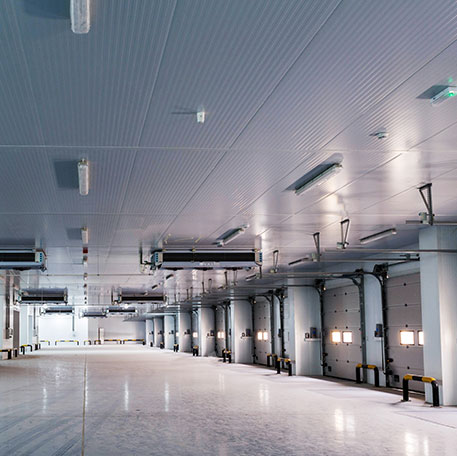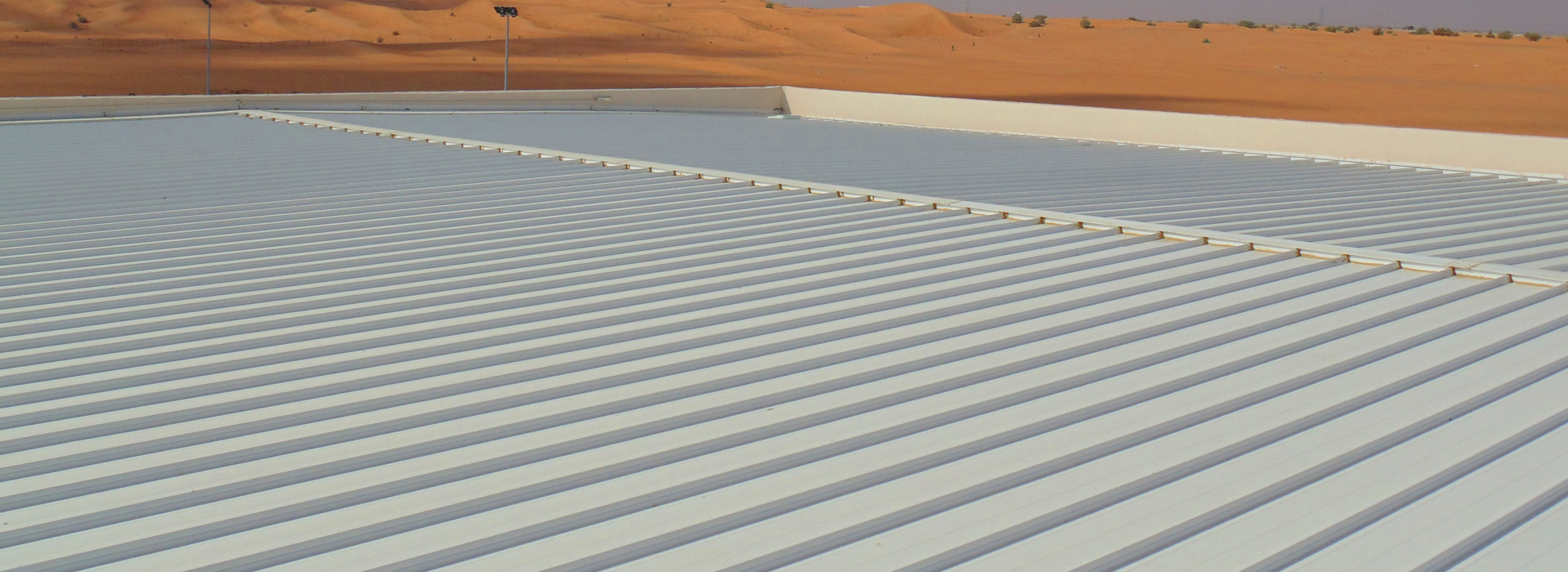The industrial refrigeration market has grown to a huge extent in recent years. This process involves using different processes and machines. Industrial refrigeration is machines that use the chilling process to release heat from items. Cold storages act as a savior for industries like medicine, food processing, vegetable wholesalers, and brewing…etc. So, the cooling process involves transferring heat to maintain a chilled condition inside the storage unit. Cold rooms are important for trades that involve storing and selling perishable items. It is like a big-size storage facility where you can store items in large amounts.
There are various kinds of cold rooms, and most of them depend on storage needs. TSSC Group experts in West Africa can decide what type of cold rooms are ideal for your business. We can modify and customize as per your requirements. Also, industrial systems inside a cold storeroom in West Africa consume electrical power. This is also a reason why it makes sense to install insulated panels inside. This aids in maintaining a constant low temperature without any escape of coolness. It lowers your energy bills which help to save money. The best modification you could do to your cold storage is to add cold store panels for rigid insulation.
TSSC panels possess higher redundancy
TSSC insulated cold store panels in West Africa manufactures panels that have higher redundancy. Our panels offer strength and stability to the cold storerooms. We implement technology that is cost-effective and eco-friendly. Cold store rooms offer thermal insulation, control grease, bacteria, and dust. Ask us what type of panels would be the best for your cold store? We recommend panels having a minimum R-value of up to 40. This ensures adequate thermal efficiency for cold rooms. Check the thickness and weight of the panels before you decide on one.
Use of our cold store panels
Cold store panels are used for rooftops, walls, and flooring. The insulated cold store panels are formed by injecting polyurethane foam in between metal cladding at a very high density. These panels have monolithic construction and can maintain temperature and humidity inside the structure.
Simple installation process
Installation is very simple, which depends on the size and type of cold storage room. The panels are good for cold rooms occupying a lot of space. For installation, you would need:
- Cold store panels
- Measuring tape
- Screws and screwdriver
- Allen key
The panels are cut and shaped to the exact size, and the contractors fit the panels perfectly, covering all space and every inch of the wall, floor, or rooftop. There are no gaps to ensure the loss of air.
Our panels are ideal for hot and humid Africa
The climate in Africa is hot and humid, so there is a huge demand for cold storage. TSSC designs high-quality refrigerated truck box in West Africa which are used in portable refrigeration. TSSC uses project management software for the perfect delivery of our solutions.
Request a quote
TSSC has experience for more than four decades which is more than forty years of experience. The professionals would be able to solve your queries to your satisfaction. Please book a consultation with the TSSC team to discuss your project.



